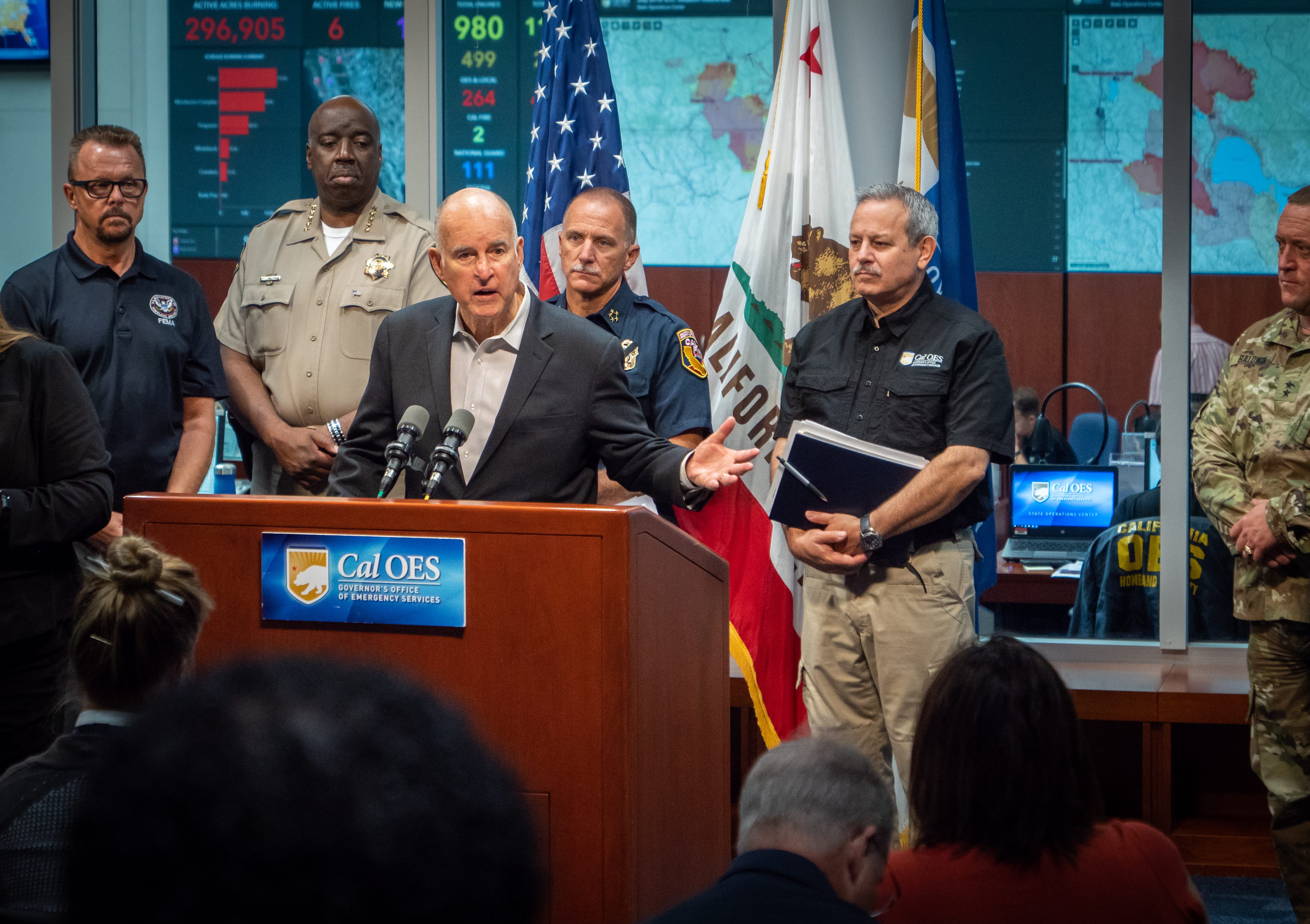
Senator Scott Wiener. (Photo: Kevin Sanders for California Globe)
SB 260: The Climate Corporate Accountability Act
Law would require publicly traded corporations doing business in California to publicly disclose their greenhouse gas emissions
By Chris Micheli, January 29, 2021 1:01 pm
Earlier this week, Senator Scott Wiener (D-San Francisco) introduced Senate Bill 260, which would enact the Climate Corporate Accountability Act. It will be amended to apply to all businesses with over $1 billion in revenue who are doing business in the State of California. The bill would add Section 38532 to the Health and Safety Code.
The current version of the bill would require the California Air Resources Board (CARB), on or before January 1, 2023, to develop and adopt regulations requiring publicly traded domestic and foreign corporations with annual revenues in excess of $1 billion that do business in California to publicly disclose their greenhouse gas emissions, categorized as scope 1, 2, and 3 emissions from the prior calendar year.
Section One of the bill contains twelve legislative findings and declarations, including the following:
(e) Corporations play a major role in the worsening climate crisis through emissions activities that include, but are not limited to, corporate operations, employee and consumer transportation, goods production and movement, construction, land use, and natural resource extraction.
(f) Accurate, verified, and comprehensive data is required to determine a company’s greenhouse gas (GHG) emissions, also known as its carbon footprint, and to effectively identify the sources of the pollution and develop means to reduce the same.
(g) To ensure reductions of GHG emissions are sufficient to address the climate crisis, it is necessary that a company set an emissions reduction target in line with the scale of reductions required to keep global warming at or below 1.5°C above preindustrial levels, as defined by the leading climate science.
(h) To ensure that corporate carbon emissions data disclosure and science-based emissions targets are actionable by the people of California, it is imperative that the information is conveyed in a manner that is understandable and accessible to the general public.
(l) Given the corporate sector’s major role in the worsening climate crisis and given the state’s overall leadership in addressing and reducing climate emissions, it is in the interest of the state to require corporate disclosure of carbon emissions data and science-based emissions targets.
Section Two of the bill would add Health and Safety Code Section 38532. This new section would be known as the Climate Corporate Accountability Act. It would define the terms “covered entity,” “science-based emissions target,” “Scope 1 emissions,” “Scope 2 emissions,” and “Scope 3 emissions.”
It would require, on or before January 1, 2023, CARB would develop and adopt regulations to require a covered entity to verify and annually report to CARB all of the covered entity’s scope 1 emissions, scope 2 emissions, and scope 3 emissions.
The bill would require a covered entity, on or before January 1, 2024, and annually thereafter, to publicly disclose all of the covered entity’s scope 1 emissions, scope 2 emissions, and scope 3 emissions for the prior calendar year in a manner that is easily understandable and accessible to residents of the state. The public disclosure will also have to be independently verified by a third-party auditor.
In addition, on or before January 1, 2024, CARB must develop and adopt regulations to require a covered entity to set a science-based emissions target based on the entity’s emissions that have been reported to CARB. This bill is likely to be heard in the first Senate policy committee in March.
- Attorneys-in-Fact in Probate - February 25, 2026
- Pacific Marine Fisheries Compact - February 24, 2026
- Relations of LLC Members and Managers - February 24, 2026





California will literally have to burn to the ground before the Democrats and leftists who run this state get it.
Hindsight is always 20 20.
Comrades
It is said, “Your business will die slowly by a 1000 cuts”.
#GlobalWarming aka #ClimateChange aka #ClimateCrisis aka #ClimateBreakdown aka #ClimateEmergency is a scam for money and power. If we don’t push back on the premise, freedom and prosperity inevitably lose.
Be the boy or girl with the courage to say “the global warming emperor is standing there stark naked.”
“…to set a science-based emissions target…”
You mean the same “science-based” target that flattened the CA economy via spurious over-sampled testing and questionable statistics???
Take a hike, Weiner…. This is all political fear-mongering in pursuit of social and political control (plus a nice financial opportunity from Chinese solar companies)
Weiner is:
A. Evil
B. A tool for the Global Elite
C. Perverted Human
D. All of the Above
The answer is “D” Cali Girl!
Thanks for playing along John.
I agree (D) is the correct answer.
Weiner must have a relative in the GHG counting business.
This will just drive more and more companies out of the state and their jobs and tax dollars with them.
I would like to know how many businesses qualify under this bill. I found the percentages of the categories of business which put out the most to the least GHGs but I want to know how many corps or businesses fall under each catergory. These categories include (from highest polluters to least): transportation, electric power, industrial, commercial and residential, agriculture. What could it hurt if these companies become transparent? Wouldn’t it be good for all of us and our offspring to work towards making this a better place to live with cleaner air our common goal? One of my favorite bumper stickers “Minds are like parachutes…they only function when open.” Once we know what the number of companies/corps affected, then it will be able to look for solutions to keep them solvent and not have to go out of business. Does each person involved need to be a millionaire? I do not believe anyone needs to be rich to enjoy life, but I do know that clean air, clean water and housing are necessaryl.